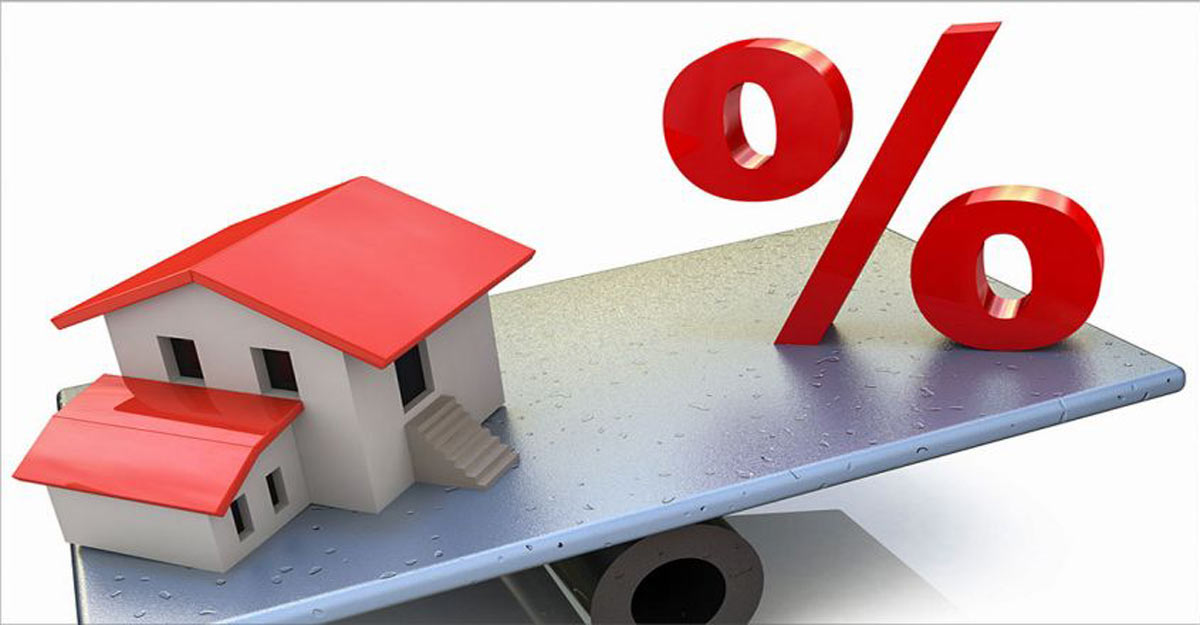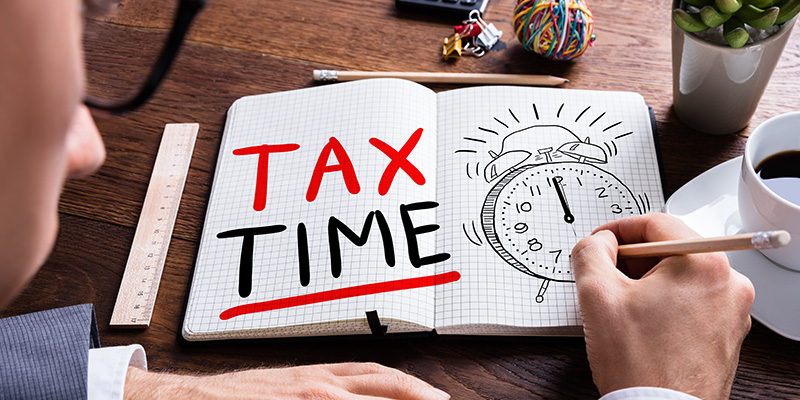
This was part of the Tax Cuts and Jobs Act, which went into effect in the 2018 tax year. In a nutshell, it treats income that comes from certain non-employer sources in a favorable manner. The cost of personal property used in a rental activity can usually be deducted in one year using the de minimis safe harbor deduction (for property costing up to $2,000) or 100% bonus depreciation which will remain in effect for 2018 through 2022.įormally known as the Section 199a Qualified Business Income Deduction, and also called the QBI deduction, the pass-through tax deduction is designed to encourage Americans to start small businesses and engage in other entrepreneurial ventures. You can deduct the expense of any property owned by the landlord used in the property.įor example, any furnishings supplied by the landlord, appliances, or gardening equipment. These are necessary expenses related to maintaining the property’s current condition – not fixing things that are broken.Ī few examples of claimable maintenance expenses: Maintenance costs are a little different. Repairs are defined as any effort to maintain the current condition of the property and provided they are “reasonable, necessary, and ordinary” they can be fully deducted in the year which they occurred. It should be noted that repairs and maintenance costs do not include expenses or costs for improving the property. Thankfully, the cost of maintenance and repairs qualify as rental property tax deductions and can be fully reclaimed at the end of the tax year. Repairs and maintenance often come unexpectedly and can quickly add up affecting the cash flow and overall profitability of your rentals. You should also be aware that the IRS will claim a portion of the depreciated value back upon the sale of the property in a process called depreciation recapture.Īdditionally, any capital improvements (this is work on the property that adds to or increases the property’s value and is generally a permanent fixture), or costs, such as replacing appliances, cannot be deducted as rental property expenses but must be added to the cost basis of the property and depreciated.
#Are hoa fees tax deductible full#
This means you can claim the full value of the purchase price of the property back over this period.

the useful lifetime of a property according to the IRS is 27.5 years. As such, over the time you own the asset the cost of the property – though not the land can be depreciated and the depreciation makes up a large rental property tax deduction. According to the IRS, the property has a useful life. Depreciationĭepreciation is one of the major tax benefits of rental property. These interest payments can quickly add up which makes the ability to offset these payments back against your taxes very valuable. Credit card interest for payments towards goods and services used in a rental activity.Interest on loans for improving the property.Interest is often a big deductible expense. If the HOA fee is for an assessment for an improvement this HOA fee is not deductible and you’ll need to recoup your share of the costs of the improvement via depreciation.ġ0 Rental Property Tax Deductions Landlords Need To Know About 1. There are some exceptions to these rules, however. For example, you rent it out for 9 months of the year – then you can deduct 75% of the HOA fees. But in a simplified sense, you can deduct HOA fees for the portion of the time that it is rented. If you live in your property part of the year then it becomes a little more complicated.You need to report HOA fees on your Schedule E (form 1040) when you submit your tax return.

In this scenario, the IRS sees these fees as property maintenance costs.


By purchasing the property you agree to abide by these rules and guidelines and to pay regular HOA fees. A Homeowners Association (HOA) is a local governing body that sets specific rules and guidelines for the maintenance and presentation of a property in a condominium, gated community, apartment, or another type of planned development.


 0 kommentar(er)
0 kommentar(er)
